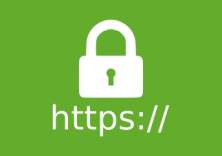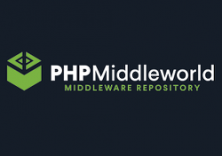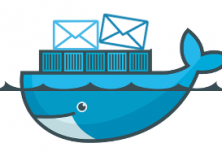Securing intranet applications with SSL
Getting rid of browser warnings on private network HTTPS connections

We all know how important is HTTPS for securing data flowing between users’ web browsers and the webserver.
With the release of Chrome 56, Google decided to start marking websites not served using the HTTPS protocol as Insecure (source), so it is becoming even more important, if not critical, to use HTTPS for all web applications.
This is obviously relevant for web applications and websites in general, which are available to the public. In such situations, the typical solution is to purchase an SSL certificate from a certification authority (such as RapidSSL or GoDaddy) and enable it within the webserver. This article is not about this.
What we’re going to talk about today is the security of Intranet web applications, such as a websites which are not publicly available, but somehow available to specific people having access to private networks. Continue Reading
Token based authentication in Zend Expressive
Implementing JWT based authorization in PHP with Zend Expressive

Authentication is one of the most important parts of any web application. As RESTful API designers we often deal with the need of authenticating our users in order to handle and display sensible information. In this post, we’ll focus in a specific authentication strategy called token based authentication using Zend Expressive micro framework.
Continue Reading
PHP-Middleworld is Out!
Collecting PHP PSR-7 compliant Middleware

We just released php-middleworld.com, a repository for PSR-7 compliant middleware in PHP, and we would like to share our progress and what the future may bring.
Continue Reading
Docker, PHP and E-Mail: getting things to work
Integrating Mailhog and SSMTP in your development environment

It’s a common need for software nowadays to send notifications through e-mail: registration confirmations, password recovery requests, event notifications and so on. As my colleagues develop software, they often encounter problems while dealing with such e-mail exchange in their local (Docker) environment.
Continue Reading


Recent Comments